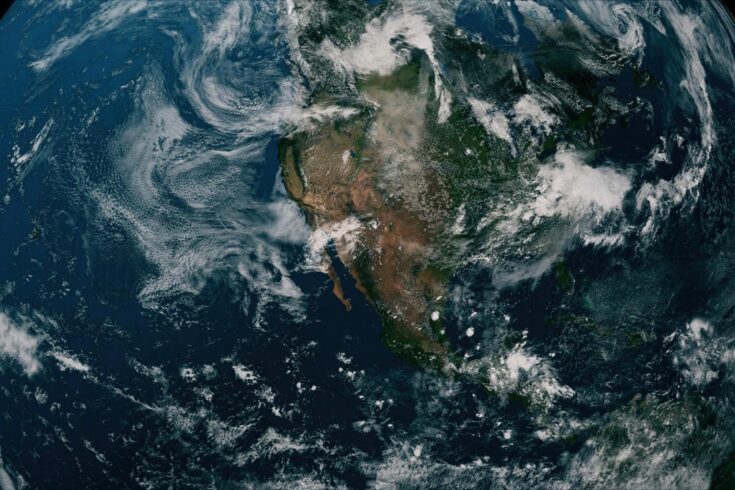The centres and key partners provide essential national long-term environmental science capabilities, expertise and services for research on the following environments:
- atmospheric
- marine
- polar
- freshwater
- terrestrial
Supporting long-term research capabilities
Funding of £101 million will support large-scale environmental observations, modelling and analysis, and research capabilities through innovations in platforms, sensors and data science.
These data are crucial for managing natural resources, biodiversity, human health and building our understanding of and resilience to environmental hazards and climate change. It underpins science across the UK’s renowned environmental research sector and supports critical scientific advice to government.
Strengthening our national security
The investment by the Natural Environment Research Council (NERC), part of UK Research and Innovation, will also:
- strengthen our national security from threats caused by environmental hazards
- more widely support the research and innovation sector in driving green economic growth
This significant investment will enable our centres and partners to maintain national and international leadership in their respective fields.
This funding has been awarded from NERC’s National Capability Single Centre Science and National Public Good initiatives, one of the UK’s largest environmental science investment programmes.
Understanding our planet
Dr Iain Williams, Director of Strategic Partnerships at NERC, said:
This major investment by NERC will build on the UK’s extensive environmental science capabilities, helping us better understand how our planet is changing at local and global scales and enhance resource and environmental management.
Through this investment, NERC is supporting scientists and policymakers in responding to major global challenges in pollution, warming seas, biodiversity loss, and climate change, and our research will help us to live sustainably.
Further information
Programme summaries
National Oceanography Centre (and marine delivery partners)
£41.4 million has been awarded to the National Oceanography Centre (and marine delivery partners) to deliver the Atlantic Climate and Environment Strategic Science (AtlantiS) programme.
The programme provides new capability to combine ocean observations from a range of platforms and sensors, next-generation models and innovation in digital tools to meet the aspiration of:
- healthy, biologically diverse and resilient marine environments
- a sustainable blue economy
- communities safe from natural hazards
UK Centre for Ecology and Hydrology
£29.9 million has been awarded to UK Centre for Ecology and Hydrology to deliver the National Capability for UK Challenges ‘Understanding the UK Environment’ programme.
The programme will:
- increase the UK environmental scientific capability to quantify how the UK land, water and air are changing in response to the combined pressures of climate and land use change
- provide integrated solutions to government, business and industry
National Centre for Atmospheric Science
£12.4 million has been awarded to the National Centre for Atmospheric Science to deliver a programme of work that:
- advances access to atmospheric data (including observatories) and the development of novel atmospheric models to improve our ability to predict the Earth’s climate system
- provides evidence to government and industry on topics such as air quality, climate, hazardous weather, sustainable fuel emissions and pollutant dispersion
British Antarctic Survey and Centre for Polar Observation and Modelling
£8.4 million has been awarded to the British Antarctic Survey and Centre for Polar Observation and Modelling to deliver the UK Polar Research Expertise for Science and Society (PRESICENT) programme.
The programme delivers underpinning capabilities (models, field research platforms and data ) to:
- understand the role and response of polar marine ecosystems to changes in environmental stressors (for example, temperature, sea ice and pollution)
- measure and predict polar ice sheet contributions to global sea level rise (and associated tipping points)
- deliver Antarctic space weather observations to global networks in support of the UK National Risk Register
National Centre for Earth Observation
£8.6 million has been awarded to the National Centre for Earth Observation to deliver a programme of work translating multiscale Earth Observation data from novel satellites into scientific knowledge and actionable information that benefits wider science and policy communities.
They will draw on decades of world-leading UK expertise and international collaboration to:
- address the most urgent challenges, such as societal climate impacts
- understand changes in the carbon cycle, air pollution, energy and water cycles, and their linkages such as wildfires

